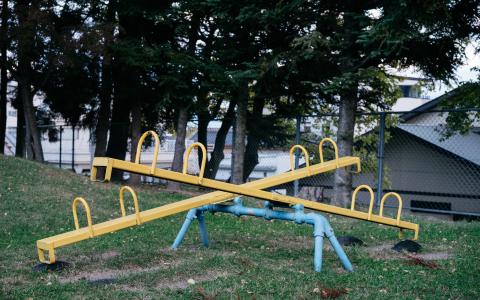
Thank China (again) for what looks like another bullish day on Wall Street after Beijing pledged to halve tariffs on $75 billion in U.S. imports, while political uncertainty has eased after the Senate acquitted U.S. President Donald Trump. That is as investors have decided the deadly coronavirus isn’t a reason to sit on the sidelines of markets.
But all that appetite for investing in equities, which tends to invite more risks than other asset classes, is worrying a few. “The odds that the next 10% move is to the downside versus the upside, I think, are much higher,” Miller Tabak + Co.’s lead strategist Matt Maley told MarketWatch in our call of the day.
Maley said the market has been “priced for perfection” for a while, making it harder to rally much higher from here.
And because most individual investors had a pretty stellar 2019, they don’t need to go chasing the stock market or the movements of bigger investors right now, he said.
“At the beginning of the year, if the market is rallying, [institutional investors] have to be in... they can’t fall behind their bogeys early in the year, because they spend the rest of the year playing catch-up and it’s too hard to do,” Maley explained, adding that those big players must buy stocks in a rising market regardless of their longer-term goals.
And regular investors shouldn’t invest on the theory the market will take off like it did in 2019. “Too many people talk about the extremes too often. ‘Oh my gosh, I’m going to miss another 30% rally like we got last year.’ Or ‘The stock market’s going to crash,’” he said.
Most years, the stock market ends up somewhere in between and “right now with the market as extended as it is, I just don’t think chasing it is a great idea,” said Maley.
The last word goes to Citigroup’s chief U.S. equity strategist, Tobias Levkovich, who said in a note dated Feb. 5 that nearly “every client we talk to wants to buy the dip, and that is not comforting.” While the coronavirus’s spread outside of Hubei has slowed, “we are reticent to think that impact is behind us now,” he said.
This article originally appeared on MarketWatch.



